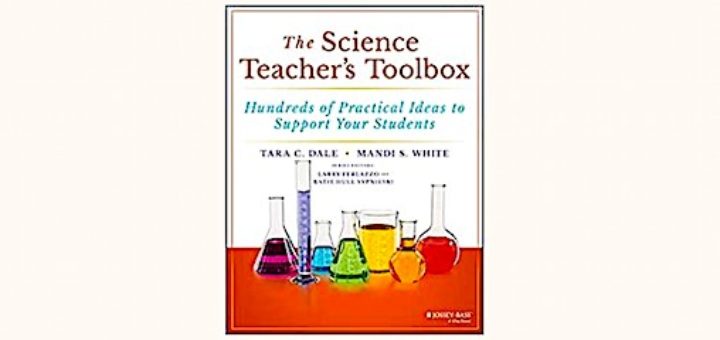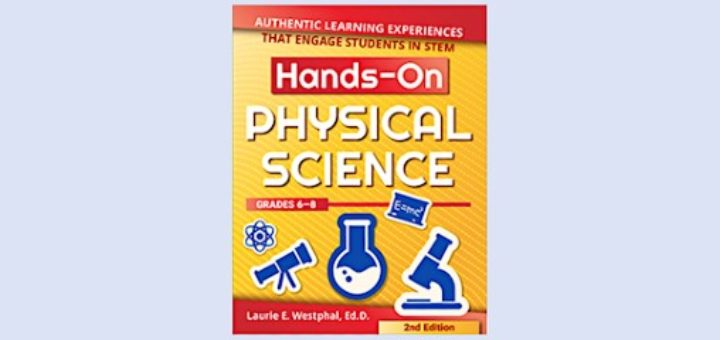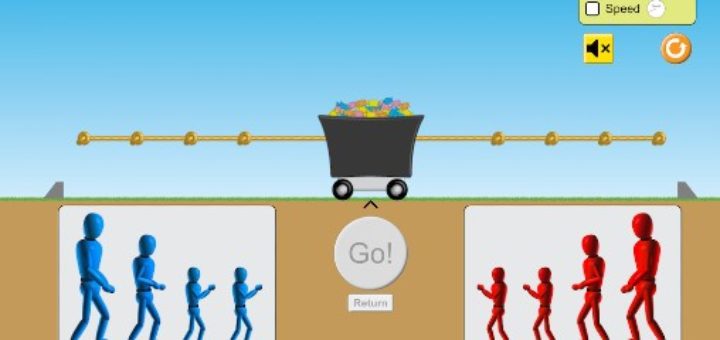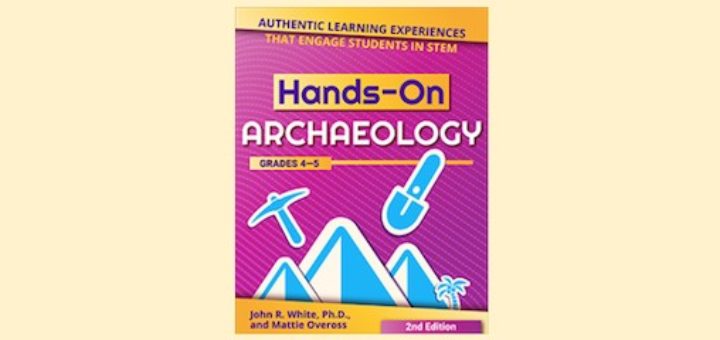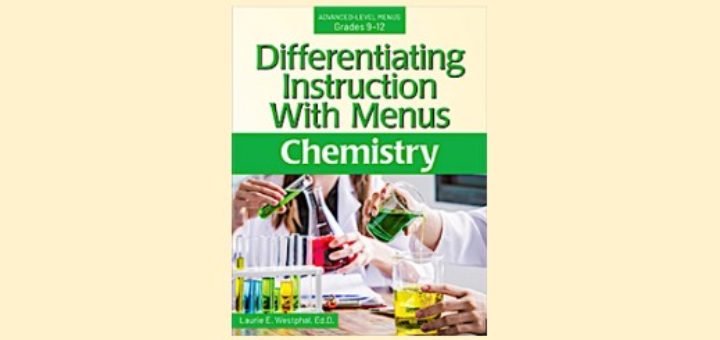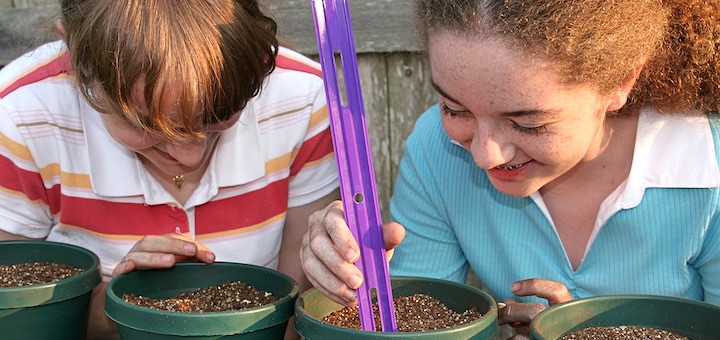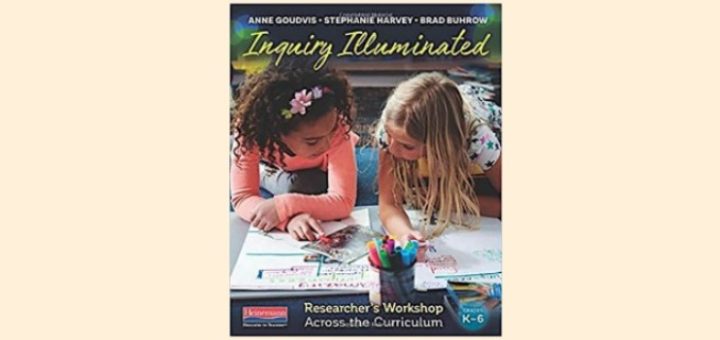How We Can Assure Rigor in Our Lessons
What does instructional rigor look like in the middle school classroom? Teaching consultant and bestselling author Barbara Blackburn offers examples of lessons that reach for the top of Bloom’s and DoK – in social studies, math, electives, the arts, English/ELA, and science.



